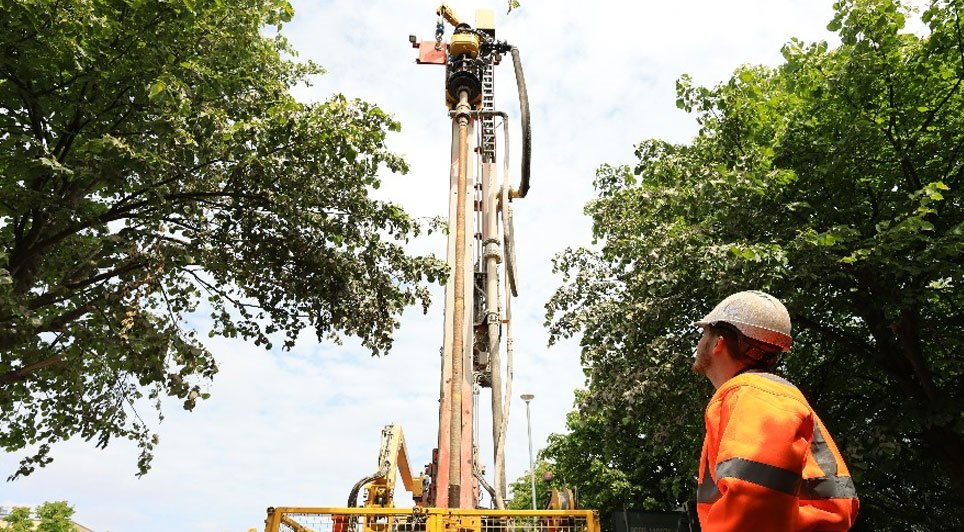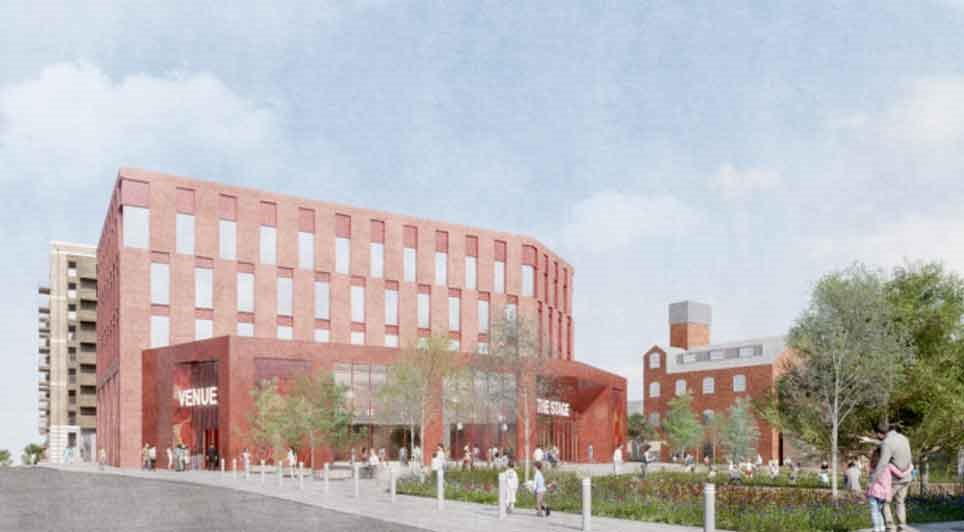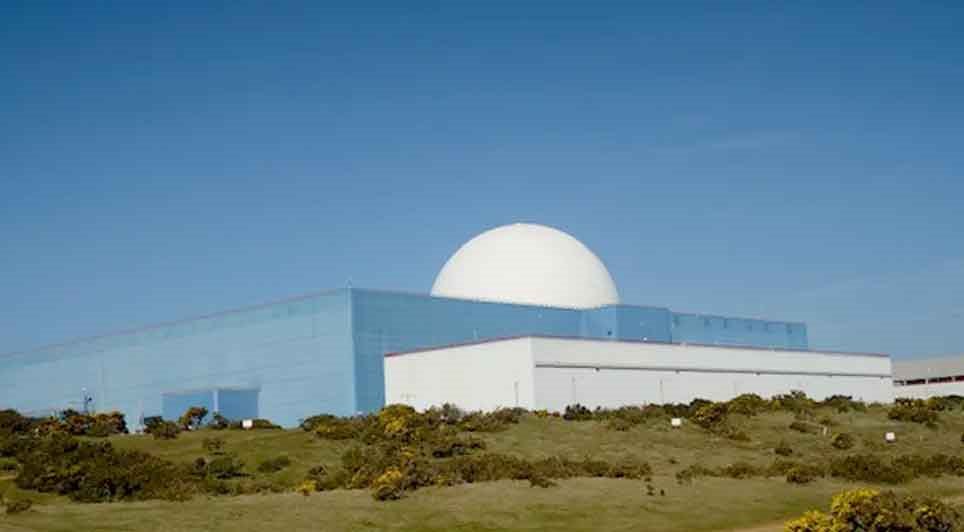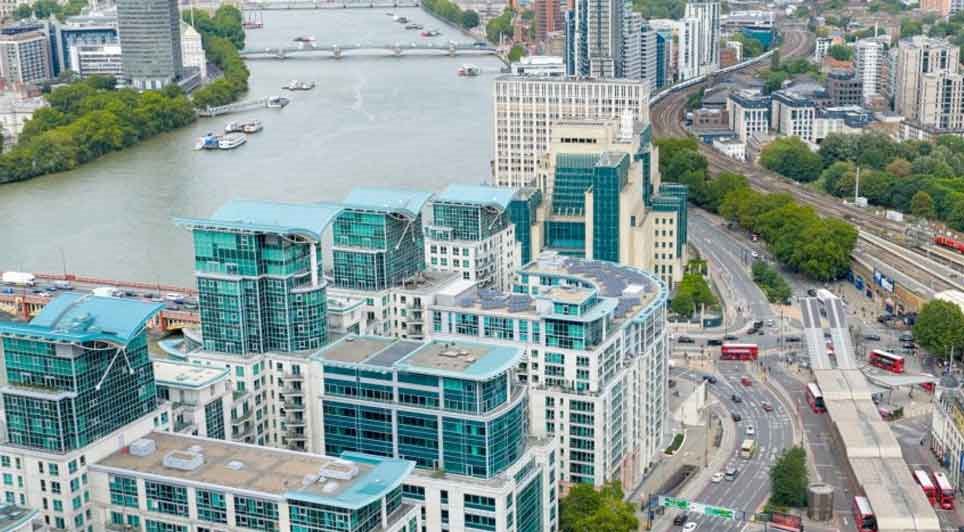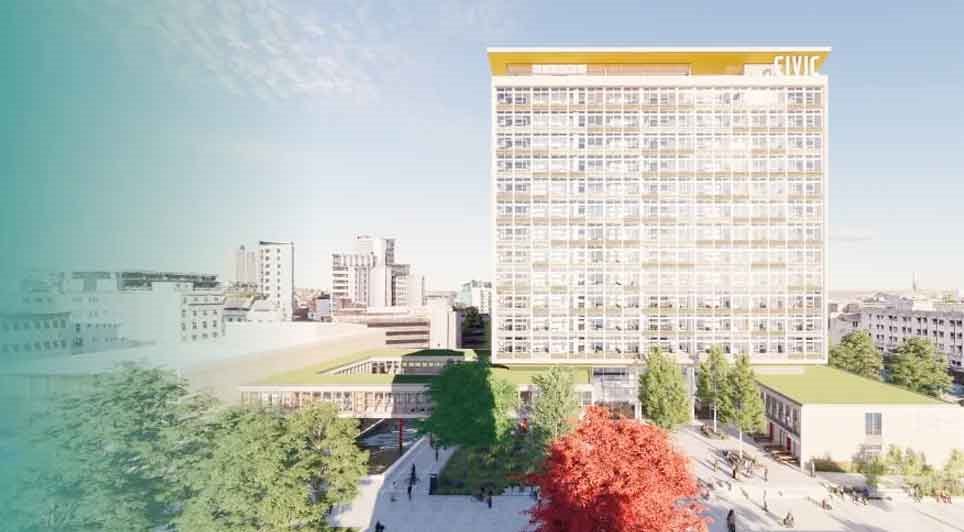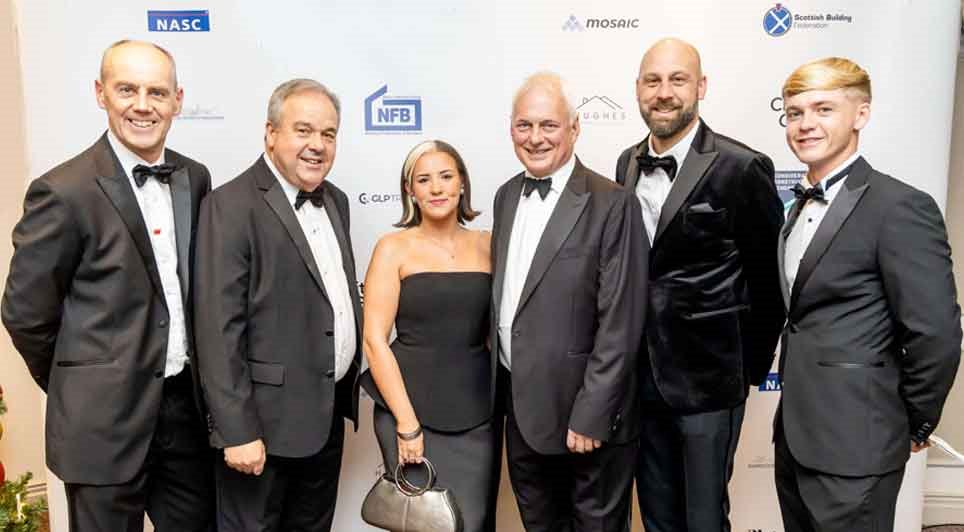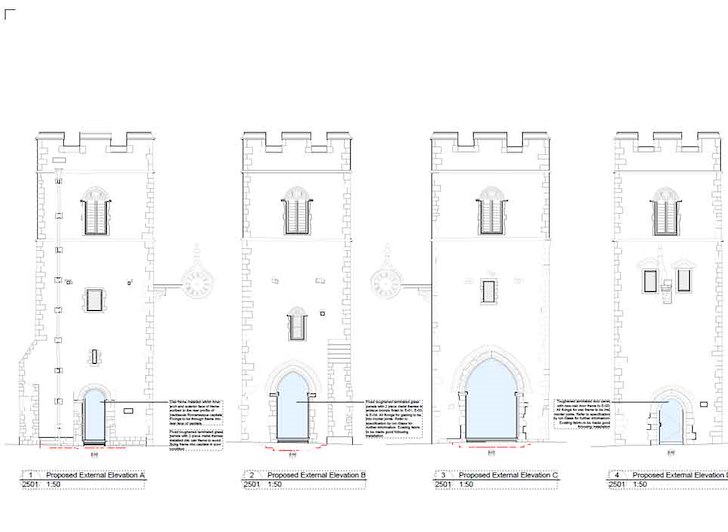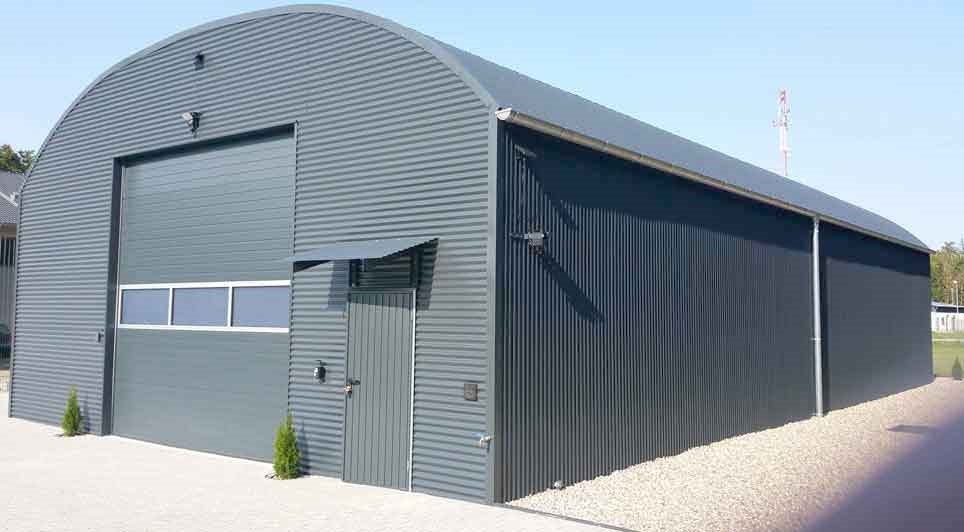The Mining Remediation Authority has launched the Gateshead mine water heat Living Laboratory, a groundbreaking research initiative designed to expand the potential of mine water heat technology and accelerate the UK's transition to net zero.
Located in the North East of England, the Living Laboratory is uniquely situated near three existing mine water heat schemes, including the Gateshead Energy Company's network – the largest of its kind in Great Britain – and another privately-funded scheme at Lanchester Wines warehouses. This provides a valuable opportunity to study the thermal and hydrogeological behaviour between multiple operating schemes within the Walker mining block in Tyne and Wear.
This research initiative will generate crucial data and insights to inform the future development and deployment of mine water heat technology across the UK, contributing to a more sustainable and environmentally friendly energy future.
Supported by Gateshead Council, who allowed work to take place on their sites, the project involved drilling 4 boreholes and installing state-of-the-art monitoring equipment to gather crucial data.
The data generated will complement the research work under way at the mine water energy observatory developed in Glasgow by the British Geological Survey (BGS).
This is part of the UK Geoenergy Observatories project, comprising 2 at-scale facilities for research and innovation into shallow geothermal and underground thermal energy storage.
The new Gateshead Living Laboratory will provide open-access data that will support future decisions on permitting and mine heat access agreements, fostering sustainable development and optimising the use of mine water heat as a secure, low-carbon heat source.
Dr Fiona Todd, a geoscientist at the Mining Remediation Authority who led the project, said: "Our Living Laboratory will provide invaluable insights into the behaviour of mine water heat systems and help us understand how multiple schemes co-exist within the same region.
"This research is crucial for maximising the opportunity presented by mine water heat and supporting its development as a reliable, low-carbon heat source across the UK."
The establishment of this scheme aligns with the Mining Remediation Authority’s broader mission to protect and enhance the environment while creating value and minimising costs to taxpayers.
The insights gained from this project will be instrumental in expanding the market for mine water heat solutions, contributing significantly to the UK’s net zero ambitions.
As the Mining Remediation Authority continues to expand on the potential of mine water heat, the Gateshead Mine Water Heat Living Laboratory stands as a beacon of innovation and collaboration.
By enhancing our understanding of mine water heat systems, this project will support the development of schemes across the country.
Sally Gallagher, senior technical specialist for the Environment Agency in the North East, said: "We all have a role to play in tackling the climate emergency, which is why as an operator and a regulator, the Environment Agency has a leading role in helping the country get to net zero by 2050.
"The decarbonisation of energy used for heating is a significant challenge for the UK and the Environment Agency.
"We are pleased to support the launch of the Mining Remediation Authority’s Living Lab in Gateshead which will collect and share data to help understand how mine water can be used for heating."
Dr Todd added: "This research project represents a strategic step in transforming Great Britain’s mining legacy into a powerful driver for sustainable growth.
"Repurposing disused mines as sources of low-carbon heat will deliver both environmental and economic benefits to local communities."
 UK
UK Ireland
Ireland Scotland
Scotland London
London

